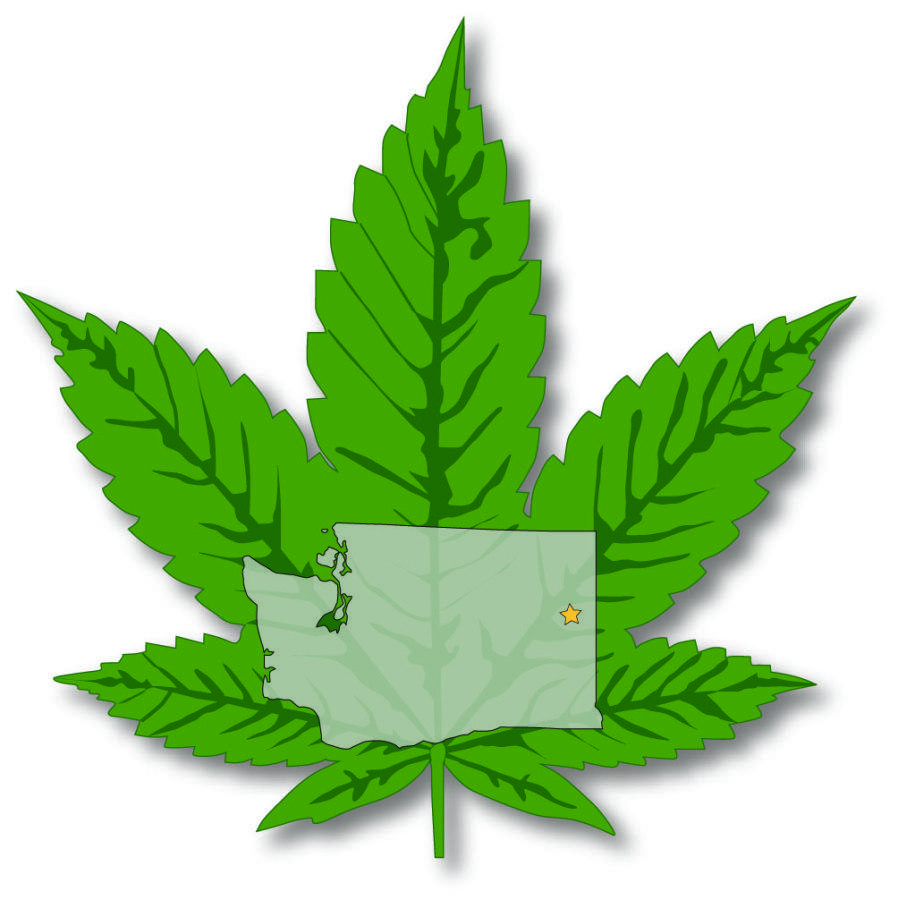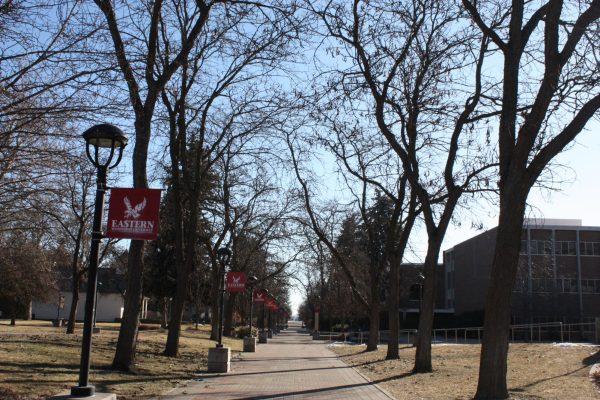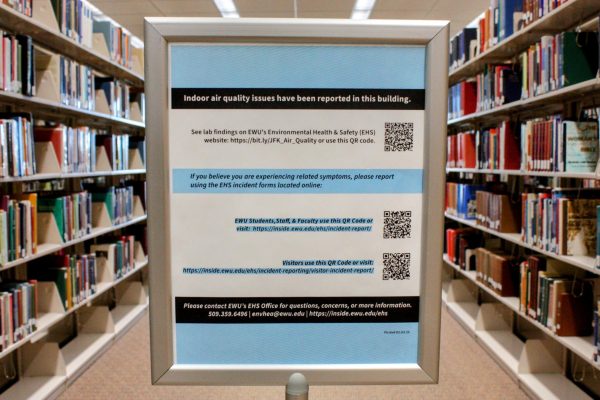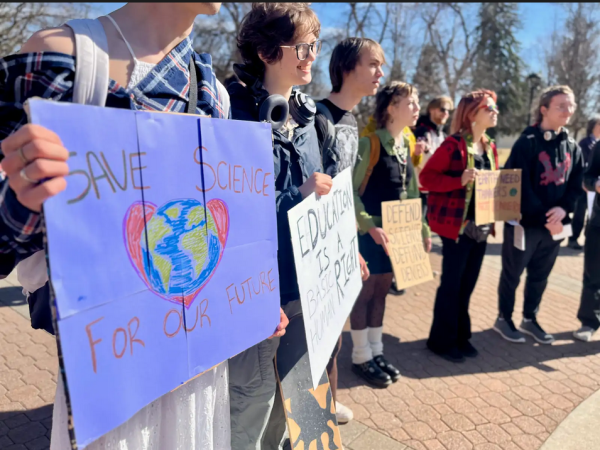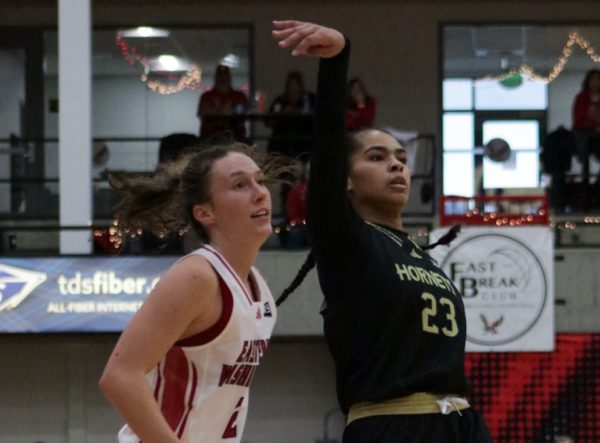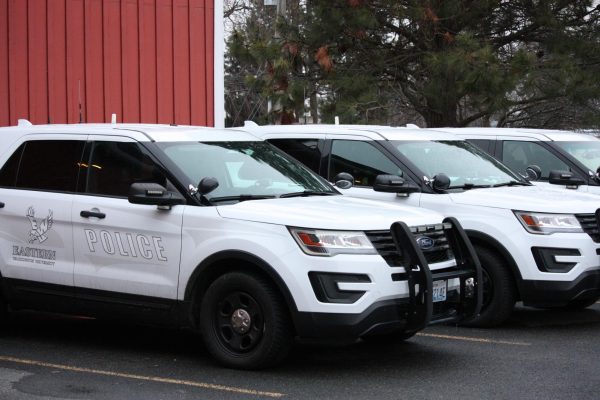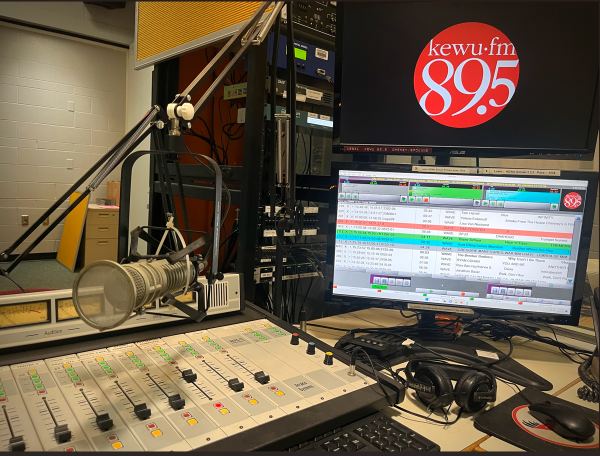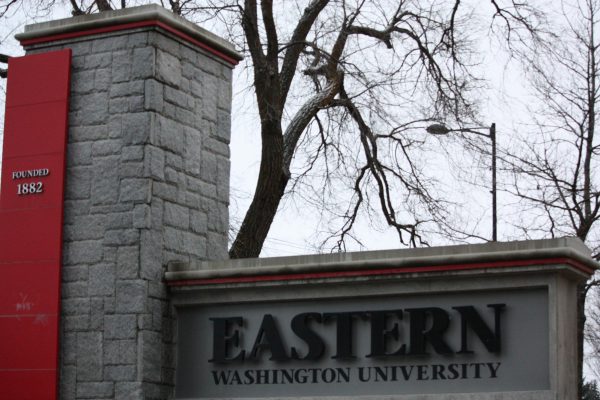State rules nipping Spokane’s bud
Cannabis regulations for growers causing many shop setbacks
Numerous marijuana stores in Spokane are struggling to stay open due to high demand (pun intended) and little supply.
After Washington state recreational marijuana stores opened their doors on July 8, they have had setback after setback.
Only six of the 24 authorized stores sold products on the first day of legal sales because of high demand of the plant and little supply from the growers, The Associated Press reported. Over three months later, there are still stores struggling to open.
The applicants were randomly selected by the Liquor Control Board through a lottery, The Seattle Times reported.
While applicants were not chosen because of ethics, business or financial smarts, there were other qualifying factors.
The LCB recreational marijuana rules state that applicants must be 21 or older, have lived in Washington for three months prior to turning in the application and have the means to purchase property in an approved location for selling marijuana under state law.
Not all the winners of the lottery were prepared for the task of starting a business.
The LCB requires shops to have an approved floor plan, security plan, a financial investigation of all those involved, a criminal investigation, a traceability software compliance, a buffer check and an inspection. Then shop owners pay $1,000 for the actual license.
According to The Seattle Times, failure to meet any of the LCB’s standards results in a failed application. The board then moves on to the next lottery winner. If a lottery winner does not advance towards receiving their license, the LCB warns them that they have 60 days to continue the licensing process or they will be skipped.
The Washington state Liquor Control Board posted their amended administrative code on edible products, effective on May 31. Now marijuana processor licensees have to gain approval from the board for all products containing marijuana and their labeling and packaging.
Adam Orens, a researcher for the Colorado Department of Revenue, told the Seattle Times that edibles in Colorado are more popular than expected.
“It has appeal for casual users,” said Orens. “An easy way to consume marijuana.”
Edibles come with risks.
The New York Times reported that so far this year, nine Colorado children were taken to the state’s largest pediatric emergency center after consuming marijuana.
“The products cannot be especially appealing to children,” said Washington’s Liquor Control Board spokesperson Mikhail Carpenter to USA Today.
An article in The Spokesman-Review said in Washington, marijuana is not allowed to be put into anything that a child might find appealing and want to eat, limiting product options.
The Washington administrative code on marijuana processor licenses has a list of items not approved by the board including candy, stand-alone dairy products, pies that contain egg, fruit or vegetable juices, dried or cured meats and any foods altered to increase shelf life.
Despite state laws, some cities are cracking down on vendors. Fife, a suburb of Tacoma, is one of them.
In July, the Fife City Council adopted an ordinance banning the production, processing and sale of recreational and medical marijuana.
The Spokesman-Review reported that the ordinance was challenged in the Pierce County Superior Court. The court ruled that while the city cannot impose penalties that are not stated by the Uniform Controlled Substances Act, they are allowed to make laws that penalize violations under their city code.
The Uniform Controlled Substances Act states that, on top of the usual criminal penalties, law enforcement agencies have the authority to seize property and money affiliated with the production, selling and buying of illicit drugs.
According to the Spokane Valley City Council, they adopted ordinance 14-008 in late July, adding new zoning restrictions and making it illegal for marijuana to be sold within 1,000 feet of the Centennial Trail, anywhere near City Hall or other city-owned property, as well as any land identified for future schools, parks and libraries.
It is federal law, under the Controlled Substances Act, that marijuana is illegal. Eastern Washington University, on their Washington state drug laws webpage, states that marijuana is not allowed on campus.
EWU is federally funded so the university follows federal laws.
Washington state made marijuana legal with initiative 502, so as long as EWU students are 21 and older, they are allowed to purchase and consume marijuana in state-approved locations away from the university.




